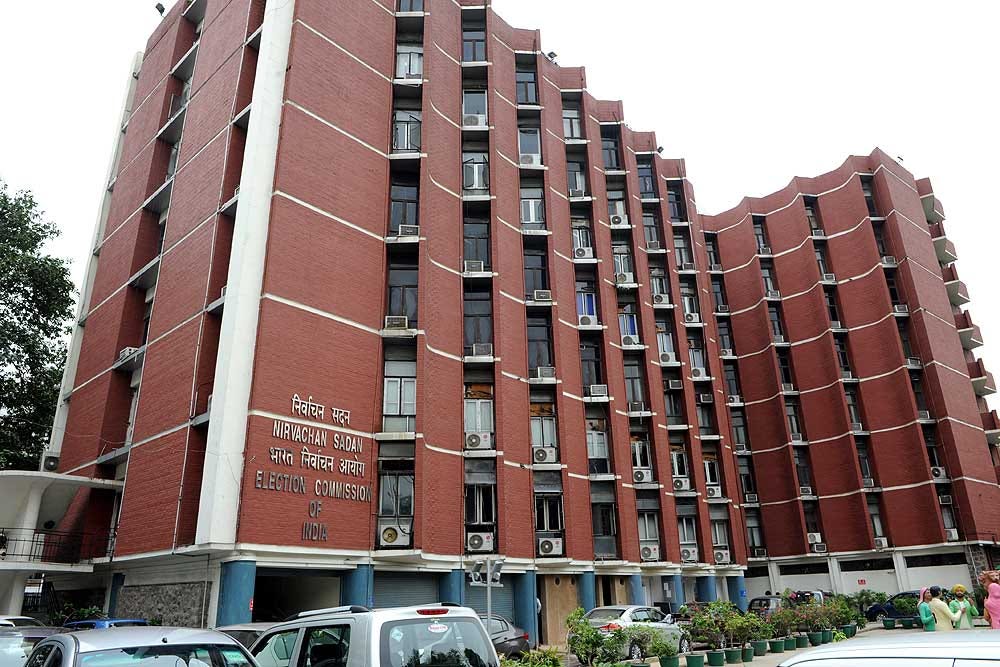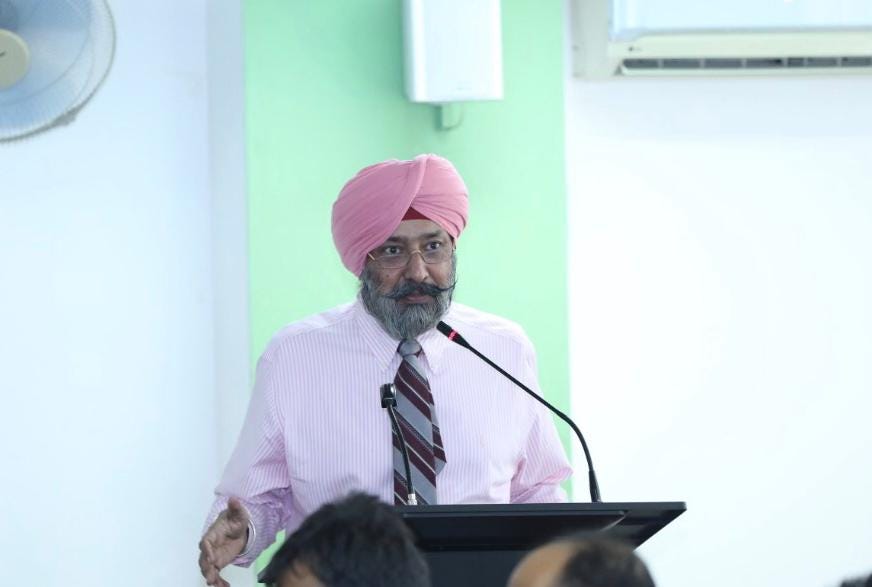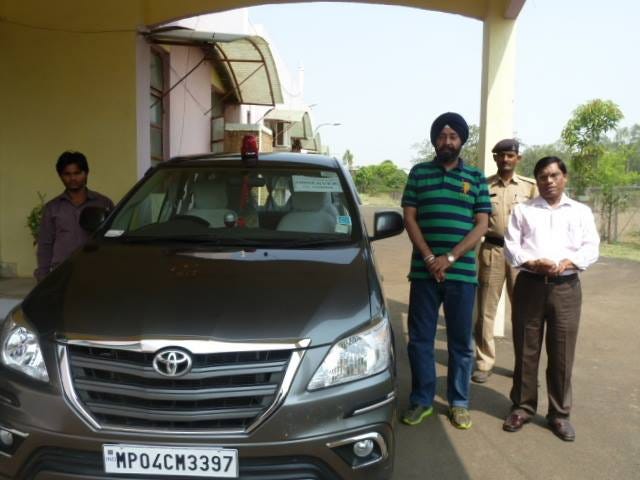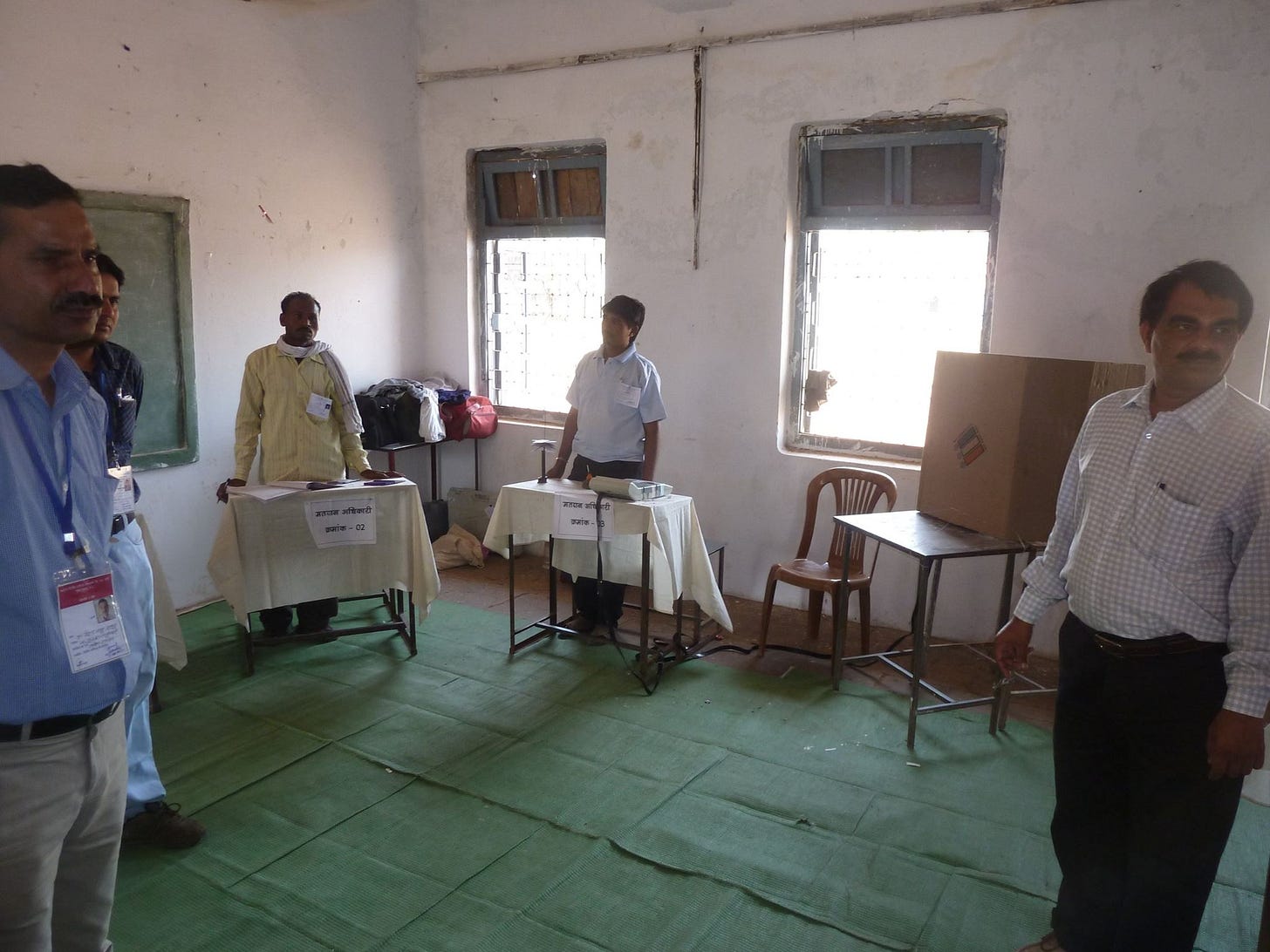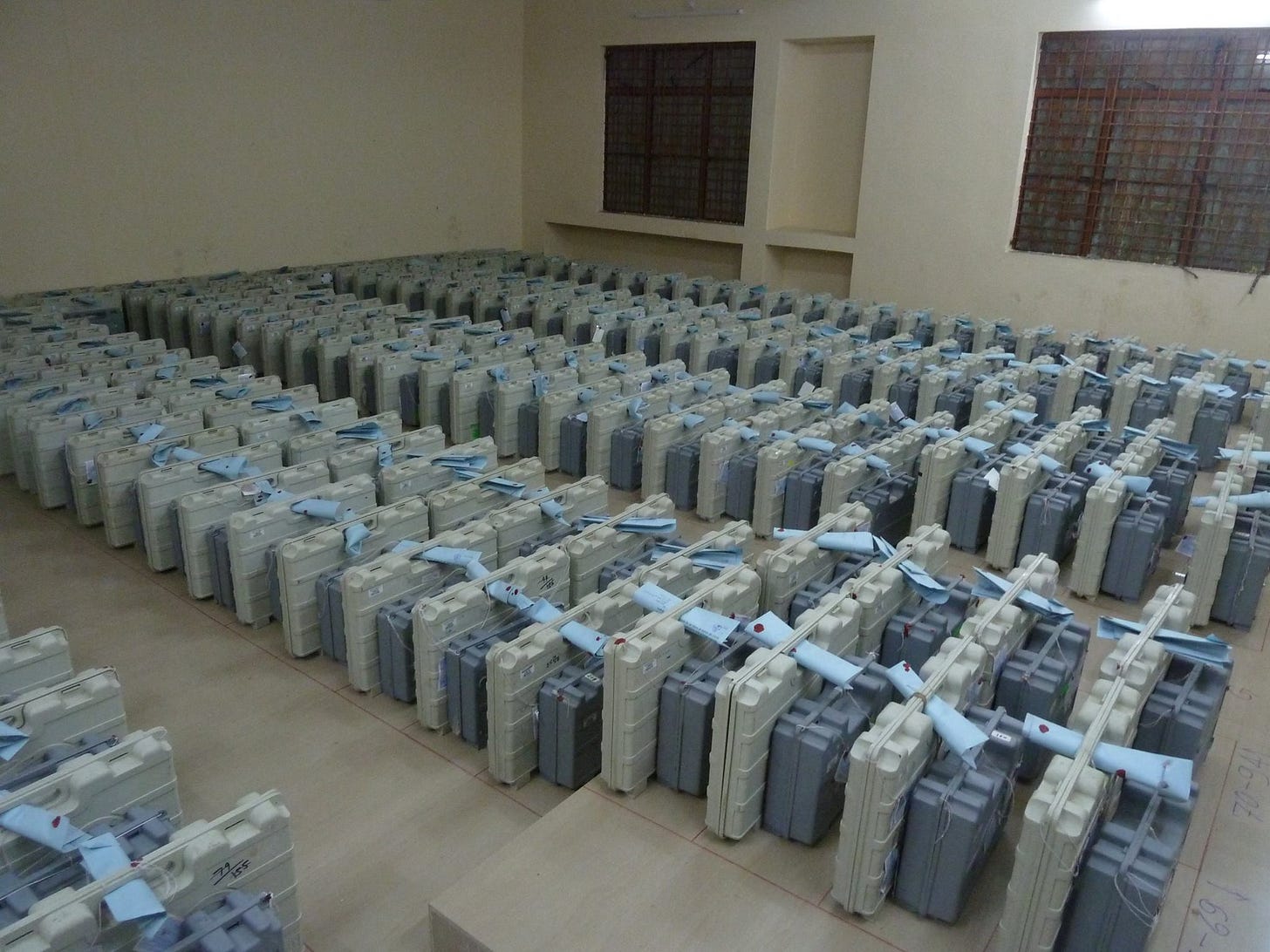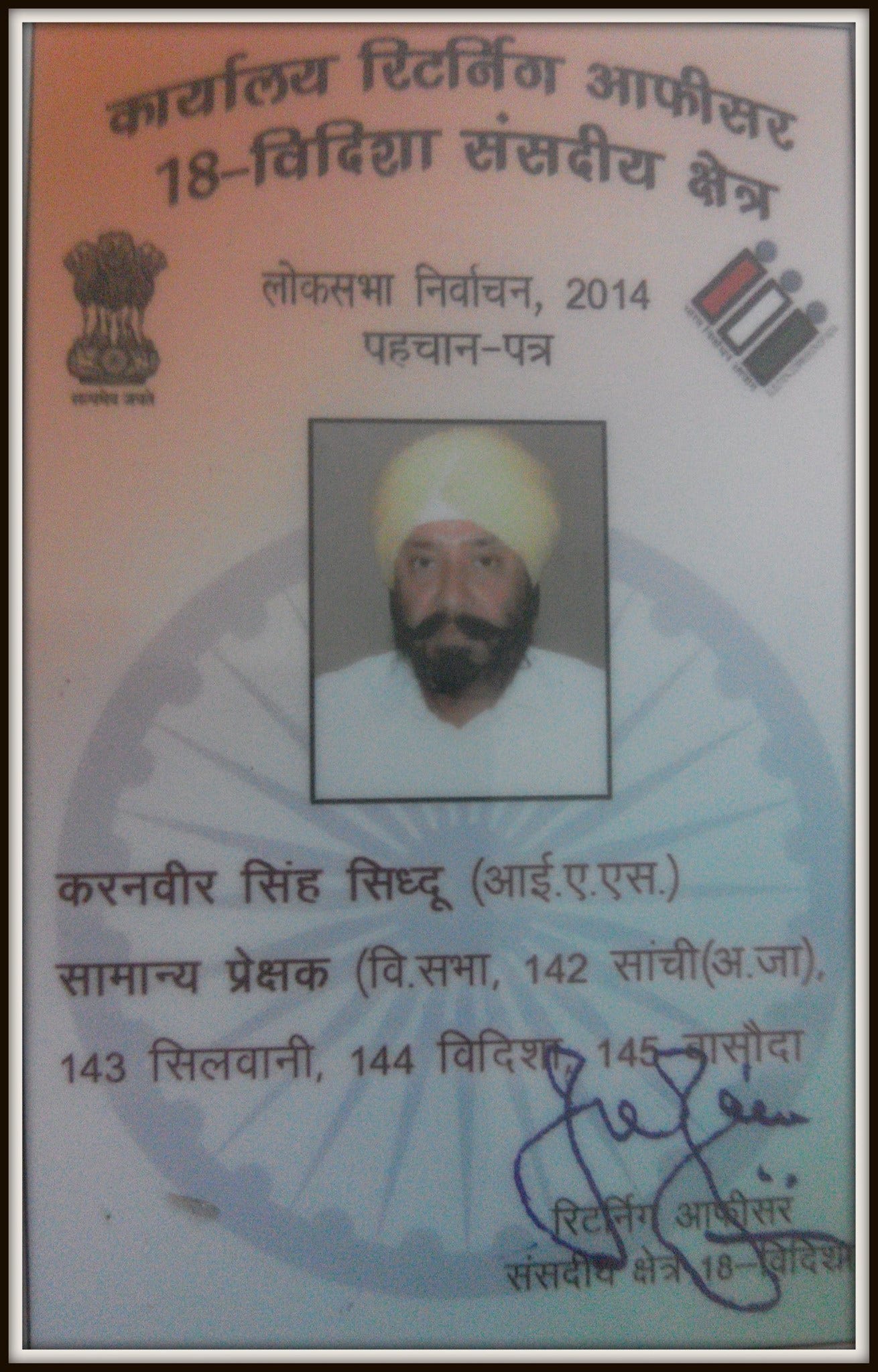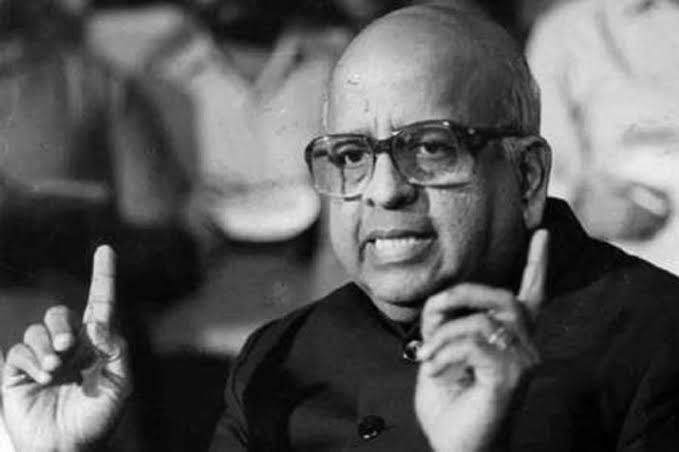“One Citizen-One Vote-One Country”: Need of the Hour
Election Commission of India, the Government and the Political Parties and NGOs must push for Aadhaar-linked Electoral Rolls for Enhanced Transparency and Integrity in our Democratic Process.
Electoral Rolls Integrity in West Bengal
The Bharatiya Janata Party (BJP), despite being the ruling party at the Centre, stands as the principal opposition in West Bengal, where the Trinamool Congress (TMC), led by the indefatigable Mamata Banerjee, holds sway. In a significant move, BJP office-bearers approached the Chief Electoral Officer of West Bengal—a representative of the Election Commission of India—earlier this week, on 28th February. They presented a complete dossier identifying approximately 17 lakh duplicate voters, highlighting instances where the name, relationship name, and age details matched exactly. Notably, this figure parallels the vote margin that separated the BJP and TMC in the 2019 elections. For the sake of electoral fairness, the Election Commission must address and rectify these duplicate entries.
Electoral Disparities in Punjab
Our focus shifts to Punjab, a relatively smaller state, where the presence of "duplicate" votes poses a significant threat to the integrity of electoral rolls and can disproportionately influence the outcome of elections. Notably, in major industrial districts like Ludhiana and Jalandhar, home to a considerable number of migrant labourers from Uttar Pradesh, Bihar, West Bengal, and Odisha, there have been frequent instances of individuals having multiple votes. These workers contribute significantly to the local industries, yet the issue of duplicate voting persists, with neither political parties nor the Election Commission of India undertaking substantial efforts to address the problem. While there is no opposition to these individuals being registered as voters in Punjab if they are "ordinarily resident" in the state, the reality is that many also maintain voter registrations in their home states, often both in cities and villages.
The Challenge of Voter Registration
The issue of "privileged voters" arises with Lok Sabha elections typically conducted in multiple phases, allowing them to vote both in Punjab and their native states. This situation highlights a broader concern with the uniform application of voter registration laws across India. States like Rajasthan and Himachal Pradesh have stringent informal requirements for new voter registration, where local administration officials, though acting on behalf of the Election Commission of India, demand proof of continuous residence and insist on applicants cancelling their registrations in their previous state. This discrepancy in the enforcement of electoral laws underscores the need for a more harmonized and uniform approach to ensure the sanctity and fairness of the democratic process.
A Call for Action “Under Consideration”
In response to the ongoing concerns regarding voter duplication, I penned an article in July of the previous year, drawing attention to this critical issue. This piece was not only published but also personally communicated to the Chief Election Commissioner (CEC) and the Election Commission (EC), both of whom were my colleagues from the 1984 IAS batch. Their gracious acknowledgment of the problem raised hopes for a potential resolution. However, it has now become evident that meaningful action has yet to be initiated. Recognizing the financial and logistical challenges associated with addressing this issue, it's understood that starting the process requires significant commitment. Yet, an effective starting point would be the meticulous registration of first-time voters reaching the age of 18.
Implementing Solutions in "Peacetime"
The task of cleansing the electoral rolls, while daunting, is essential for the integrity of our democratic processes. This initiative could be strategically implemented during "peacetime," the period following the conclusion of Lok Sabha elections. Such a timeframe offers a practical window for methodical and thorough voter registration and verification processes, ensuring that new voters are accurately recorded. This approach— for which AADHAR would be a pre-requisite— would not only streamline the integration of young voters into the electoral system but also set a precedent for continuous and proactive electoral roll management, safeguarding the fairness and credibility of future elections.
Upholding Electoral Integrity
Pristine electoral rolls serve as the cornerstone of free and fair elections, embodying the very essence of democratic integrity. The imperative to maintain accurate and up-to-date voter lists cannot be overlooked or dismissed under the guise of privacy concerns. In an era where Aadhaar linkage has become a de facto requirement for basic civic and financial activities, such as opening bank accounts, filing income tax returns, or applying for passports, the argument for privacy falls short in the context of electoral verification. This essential process should not be misconstrued as a mere political manoeuvre or an attempt to unsettle political adversaries in states like West Bengal.
Moving Beyond Political Rhetoric
The initiative to cleanse voter lists transcends political affiliations and should not be perceived as an act of political rivalry or an attempt to undermine Mamta Banerjee's (Didi's) leadership in Bengal, or disfranchising millions of Indian citizens under the guise of implementation of the Citizens Amendment Act. Instead, it should be embraced as a step towards realizing the principle of "one citizen-one vote-one nation." This mission's significance lies in its potential to fortify the democratic fabric of our nation, ensuring that each vote is unique and belongs to an eligible citizen. No political party, non-governmental organization, or citizen should oppose such a foundational endeavor. By focusing on the collective goal of electoral integrity, we can move towards a more transparent, fair, and accountable democratic process.
((My original article is reproduced below with minor contextual changes.))
Introduction: The purity and integrity of voter lists, also known as electoral rolls, are crucial for upholding the democratic values of India. While the existing system of revision overseen by the Election Commission of India (ECI) has been effective, challenges persist, particularly in preventing “multiple” voters being registered and impersonation. This article highlights the significance of maintaining authentic and accurate voter lists, explores the advantages of linking them to AADHAAR, addresses privacy concerns raised by advocates and NGOs, evaluates the Election Commission's initiatives, and presents a way forward to achieve this integration1.
Importance of Pure Voter Lists2: Voter lists serve as the cornerstone of fair elections, ensuring the credibility of the entire democratic process. However, instances of individuals possessing multiple votes in different states undermine the integrity as well as credibility of these lists. To safeguard the purity of voter rolls, it is imperative to adopt measures that prevent multiple voting and impersonation. Linking voter lists to AADHAAR offers a potential solution, as it can help identify and eliminate fake and duplicate voters, thereby fostering a more transparent and trustworthy electoral system.
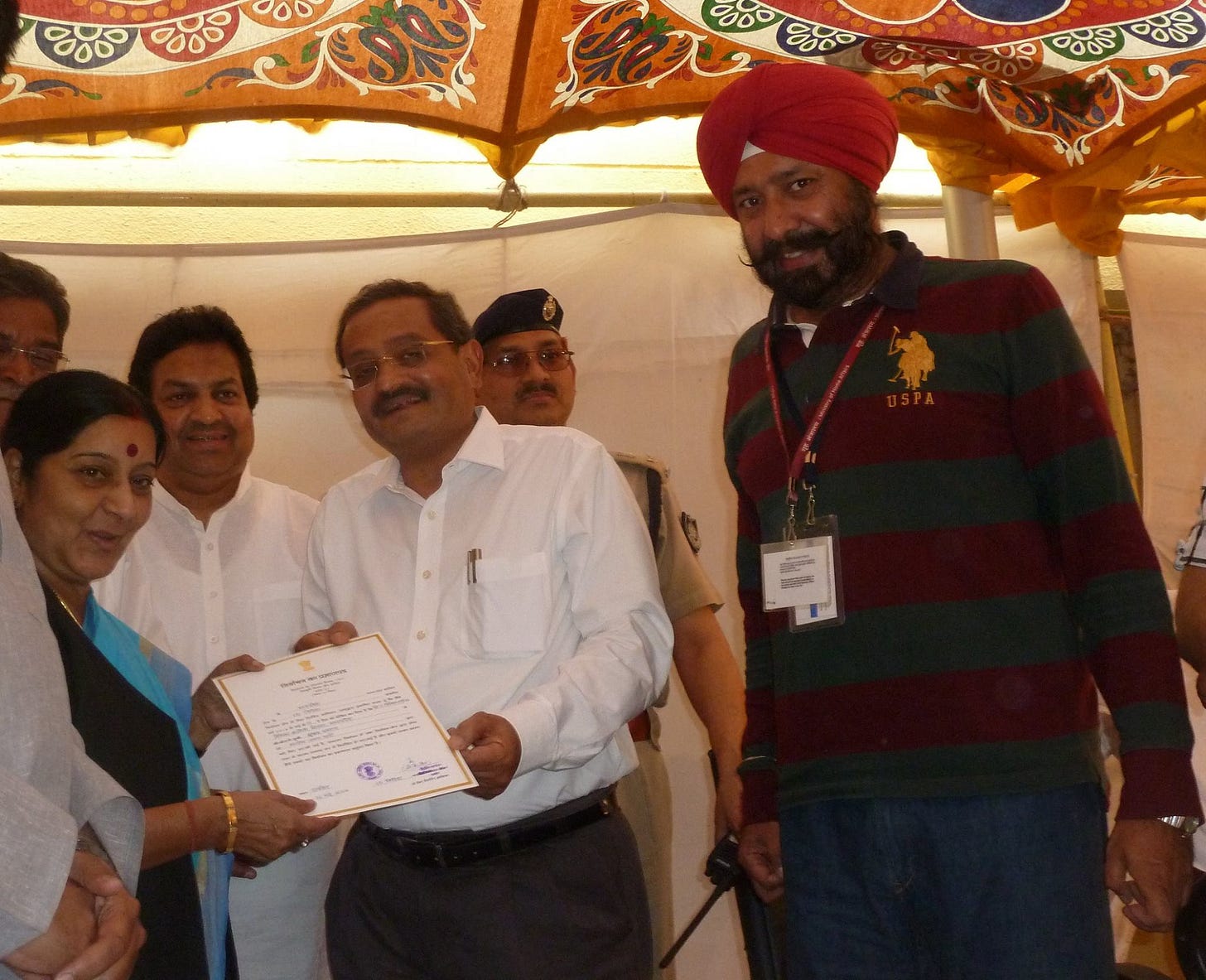
Advantages of Linking Voter Lists with AADHAAR: The integration of AADHAAR with voter lists brings numerous benefits. AADHAAR, although not mandatory, is widely used and can be obtained from infancy, allowing citizens ample time to acquire it well before attaining the voting age of 18 years. By linking voter lists to AADHAAR, the identification and exclusion of multiple and bogus voters become possible. Leveraging AADHAAR's unique identification features can effectively prevent impersonation and the casting of votes on behalf of missing or deceased voters. Such integration is thus vital for upholding fairness and preserving the sanctity of the electoral process.
Addressing Concerns of Privacy Advocates and NGOs: Privacy concerns associated with linking voter lists to AADHAAR must be addressed to ensure the protection of citizens' personal information. Implementing robust data protection laws and stringent safeguards against unauthorized access and misuse of sensitive data is essential. Public awareness campaigns can also play a crucial role in educating citizens about their rights and the secure handling of their AADHAAR information. By striking a balance between data security and the need for accurate voter lists, concerns can be assuaged, fostering public trust in this integration.
Initiatives of the Election Commission and Lessons Learned: The Election Commission has implemented initiatives, including the National Electoral Roll Purification and Authentication Program (NERPAP), with the aim of enhancing the integrity of voter lists. Although these efforts have shown promise, challenges arising from implementation glitches and controversies have been observed. To overcome these hurdles, appropriate amendments in the Representation of People Act, 1950, or the framing of statutory rules can be pursued to make AADHAAR mandatory for voter registration. Leveraging the overlapping responsibilities of officials handling AADHAAR and voter registration can help minimize logistical challenges.
Challenges and the Way Forward: The integration of voter lists with AADHAAR poses challenges that require concerted efforts. While it is unlikely to be achieved before the 2024 Lok Sabha elections, it is crucial to acknowledge that AADHAAR is solely a proof of identity and not of citizenship. Mechanically following AADHAAR for new voter registration must be avoided, especially in states of the North-East and West Bengal with widespread instances and allegations of illegal immigrants. Additionally, aligning the electoral rolls for Panchayati Raj Institutions (PRIs) and Urban Local Bodies (ULBs) with the ECI's Aadhaar-linked voter lists will help reduce inefficiency and confusion.
Way Forward: Safeguarding the integrity of voter lists is paramount not only for preserving but also further strengthening the democratic fabric of India. Linking voter lists to AADHAAR provides a viable solution to address concerns regarding multiple voting and impersonation, with minimal investment and administrative effort. By enacting effective data protection laws and conducting public awareness campaigns, we can strike a balance between privacy and accuracy. Collaboration among the Election Commission, central and state governments, political parties, NGOs, and citizens is crucial for the successful integration of AADHAAR with voter lists. Together, we can fortify the electoral process, ensure its integrity, and uphold the values of our democratic system. In the world's largest democracy, "We, the People," must give ourselves this invaluable gift.
All the photos are from my Election Observer duty in Raisen-Vidisha Lok Sabha constituency, Madhya Pradesh in the April-May, 2014 Lok Sabha elections.
When Mr TN Seshan originally pushed for Voter ID Cards there was a huge backlash and resistance. However, his persistence succeeded.
The Shadow of the Mighty Seshan on Punjab Elections, in the1990s:
My Brush with Late TN Seshan TN Seshan, an IAS officer of the 1955 batch of Tamil Nadu cadre was appointed as the Chief Election Commissioner (CEC) by late Mr Chandra Shekhar on 12th December, 1990, during his brief tenure as the Prime Minister. Prior to his appointment, the Election Commission of India (ECI) was regarded nothing more than an appendage t…
"From Voter to Citizen": Unleashing the Power of Active Participation
Introduction: India, the world's largest democracy with a population of over 1.42 billion people, boasts of a politically aware and well-informed citizenry. In this era of information, where the internet plays a pivotal role in disseminating knowledge, citizens are increasingly engaged in various local and global issues. This hold good even though a sig…




